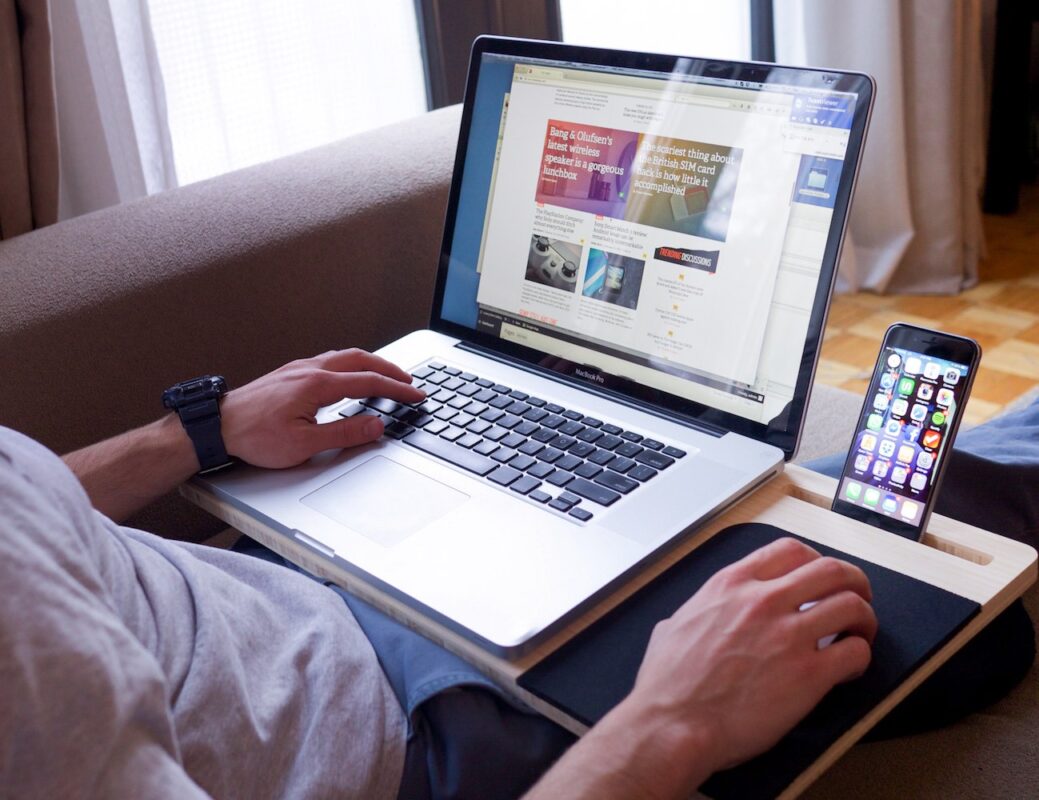Yes, you can clone a business desktop to a laptop computer, but there are several considerations and challenges to keep in mind, particularly in a business environment:
1. Hardware Compatibility:
- Desktops and laptops often have different hardware configurations. After cloning, you may need to update, reinstall, or even manually configure drivers to ensure everything works correctly on the laptop.
2. Disk Size and Partitioning:
- Ensure that the laptop’s drive is the same size or larger than the desktop’s drive. If it’s larger, you may need to resize partitions afterward.
3. Licensing and Compliance:
- Business environments often have specific licensing for operating systems and software. Transferring a license to a new machine may require reactivation or could even violate the licensing agreement. Check all applicable licenses and consult with your IT department or software vendors as needed.
4. Security Considerations:
- Ensure that you comply with all relevant security protocols, especially if you’re handling sensitive or regulated data.
5. Operating System Considerations:
- Cloning a complete operating system to different hardware can sometimes cause issues. Some cloning tools offer features to mitigate this by allowing you to inject drivers and make other adjustments as part of the cloning process.
6. Connection Options:
- You can clone directly by connecting the desktop’s drive to the laptop (if possible) or by using an intermediate external drive. The exact method will depend on the drives and interfaces involved.
7. Use Suitable Cloning Software:
- Utilize reliable cloning software that supports cloning between different hardware. Some enterprise-grade tools are designed specifically for business environments and offer features to handle these kinds of transitions more smoothly.
8. Professional Assistance and IT Department Coordination:
- Depending on the complexity and importance of the systems involved, it may be wise to involve IT professionals or even contract a specialized service to handle the cloning.
9. Data Integrity and Backup:
- As with any significant system operation, ensure that you have solid backups of all critical data before proceeding.
10. Performance Considerations:
- Keep in mind that there may be differences in performance between the desktop and laptop, especially if the hardware specifications are not matched.
11. User Adjustment:
- If this is a user’s workstation, ensure that all personal settings, bookmarks, files, and other user-specific data are correctly transferred, so there’s minimal disruption to the user’s workflow.
Cloning a business desktop to a laptop is feasible but potentially complex. Planning, careful consideration of the factors mentioned above, and possibly professional assistance can ensure a successful transition.

